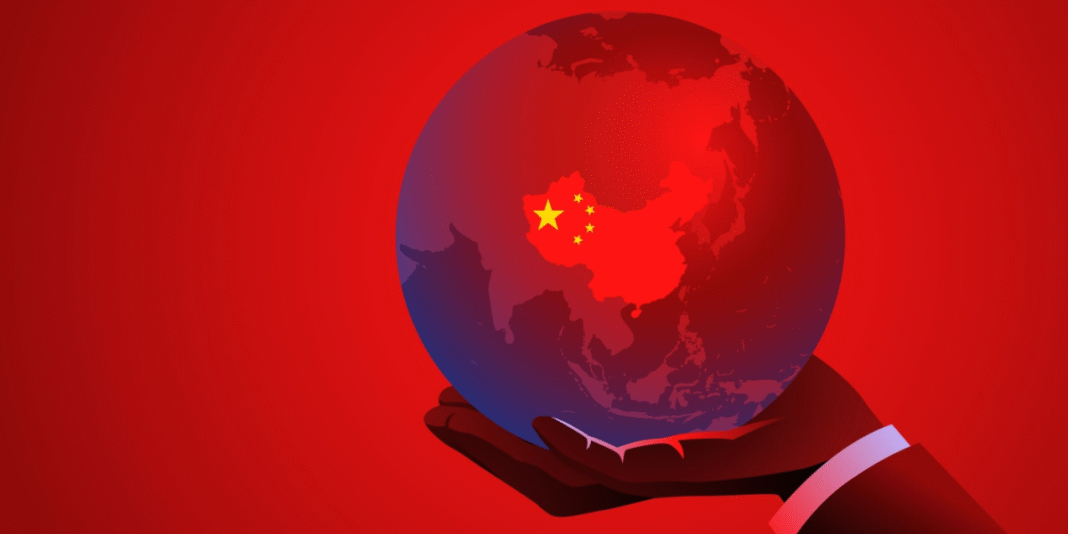China’s Strategic Investment in Morocco: A Green Technology Power Play
China has quietly emerged as a significant player in Morocco’s green technology landscape, pouring over $18 billion into the North African nation. This financial influx raises intriguing questions about why Morocco has become such an attractive destination for Chinese investments and the implications for Europe.
A Strategic Alliance Rooted in Green Ambitions
China, already a global leader in green technologies, is keen to enhance its foothold in Morocco. According to a Johns Hopkins report, Morocco ranks second globally—only trailing Indonesia—regarding Chinese green tech investments. The country offers not just a market but essential resources that align perfectly with China’s clean energy strategy.
Morocco’s Secret Weapon: Phosphates
Morocco boasts over 70% of the world’s known phosphate reserves, establishing itself as a vital player in the global transition to clean energy. Phosphates are crucial for manufacturing lithium iron phosphate batteries, essential components in electric vehicles (EVs) and renewable energy storage systems. This unique resource positions Morocco as an indispensable partner for China’s green tech ambitions.
The Battery Boom Drives Investment
The growing demand for electric vehicles has propelled battery material manufacturing to the forefront of Chinese foreign investment in Morocco. This investment surge is not just beneficial for economic growth; it plays a significant role in geopolitical strategies surrounding the supply chain for batteries, making it a priority for both nations.
Solar, Wind, and Hydrogen on the Agenda
Beyond the battery sector, Chinese firms are targeting Morocco’s solar and wind energy markets, as well as green hydrogen projects. These ventures resonate with China’s aspirations to be a front-runner in next-generation clean energy solutions, creating a synergy that could reshape the energy landscape in both nations.
Europe: The Key Geographic Advantage
Morocco’s geographic proximity to Europe offers unique advantages for Chinese companies looking to tap into the European market. With various free trade agreements and pro-industrial policies, Morocco serves as an efficient production hub, facilitating streamlined exports to EU countries.
A Win-Win for Both Countries
This investment push is mutually beneficial. China secures essential raw materials and manufacturing capabilities, while Morocco enjoys job creation, technology transfer, and a new global relevance in the clean energy sector. Together, they occupy a desirable economic position, reflecting a rare win-win scenario.
The Bigger Picture: Geopolitical Leverage
China’s investment strategy in Morocco is not solely focused on economic benefits. It serves a broader geopolitical aim: strengthening its influence amid global competition, particularly against the US and EU. With Europe and the US vying for leadership in green technology, China’s foothold in Morocco could be pivotal in determining who holds the reins in the global energy transition.
Draghi’s Warning: Europe’s Dependency Risk
Former Italian Prime Minister Mario Draghi has underscored a pressing concern: the EU’s reliance on Chinese and US technologies could limit its strategic autonomy. China’s growing nexus with Morocco may deepen this dependency, urging European nations to act decisively in bolstering their own technological capabilities.
This landscape of Chinese investment in Morocco is reshaping not only the economic relationships between the two nations but also the broader global geopolitical picture.



